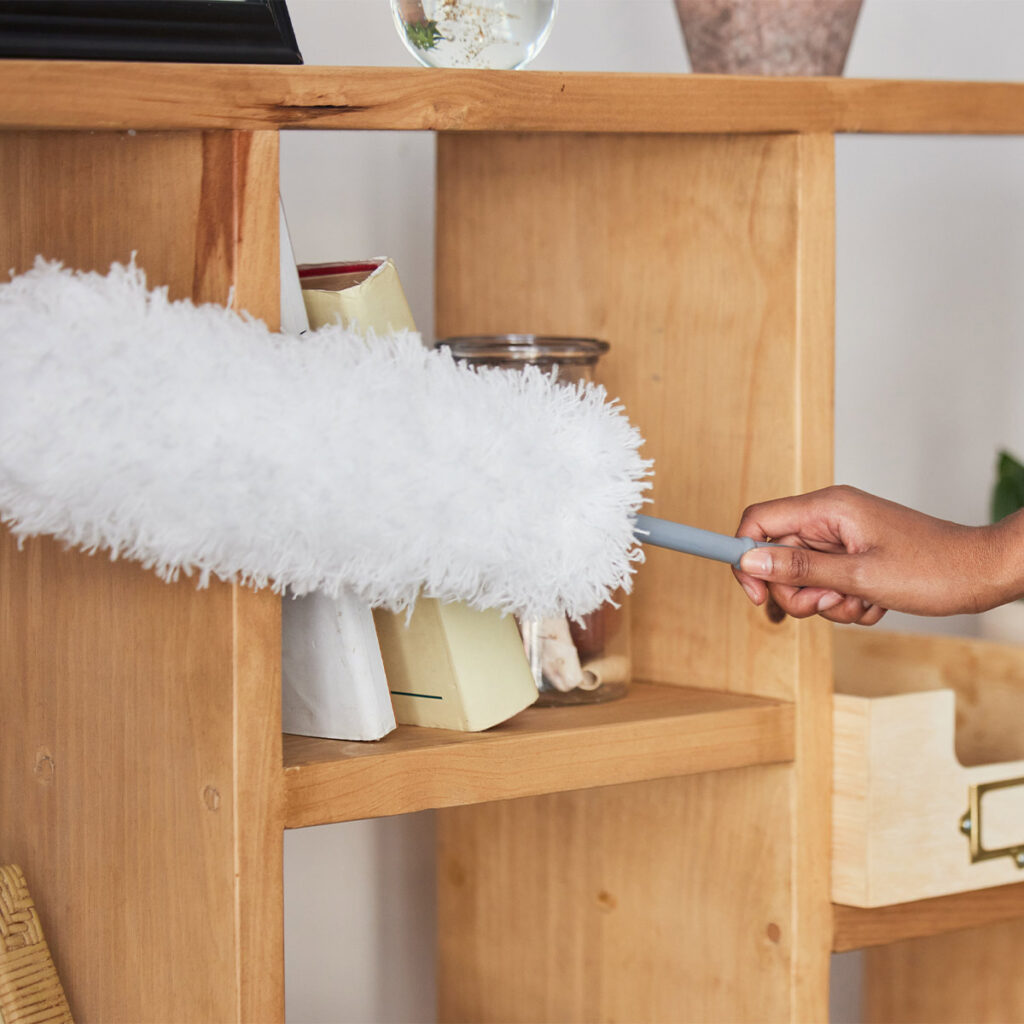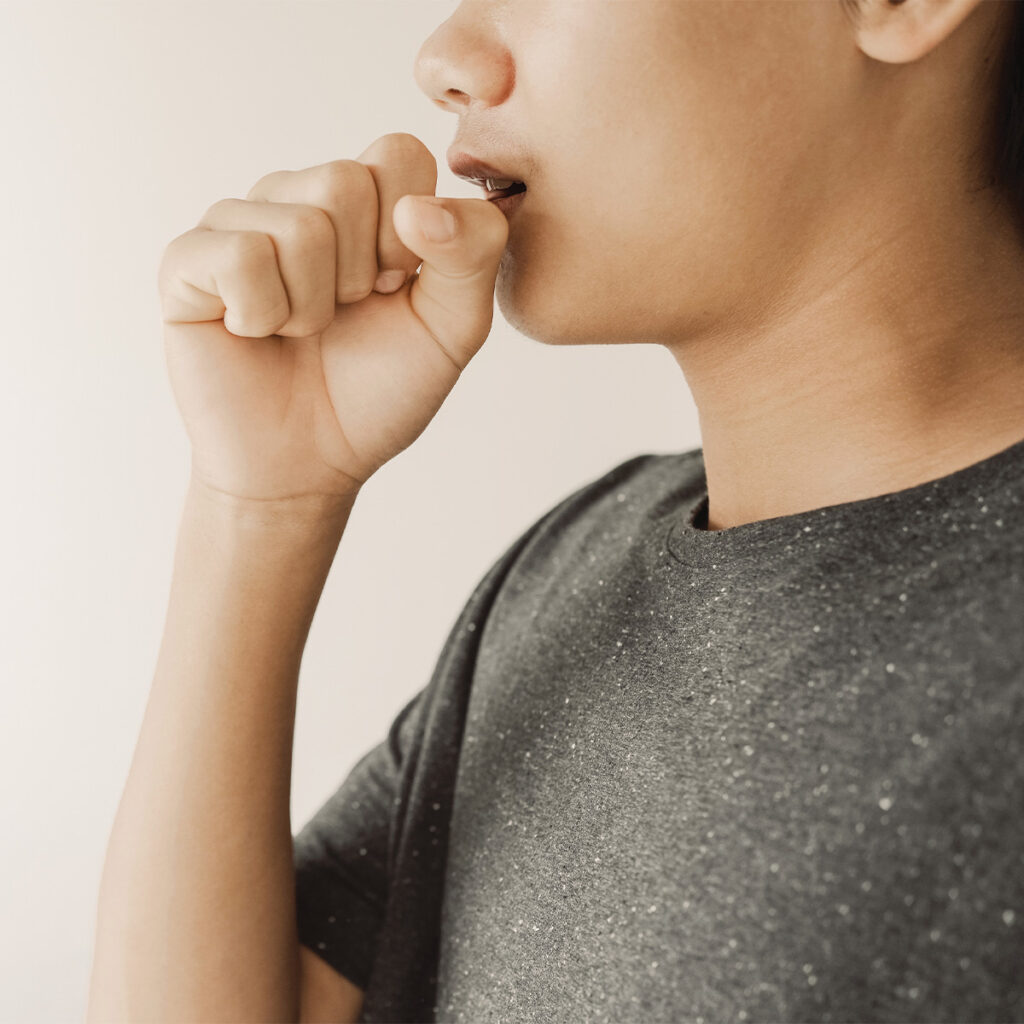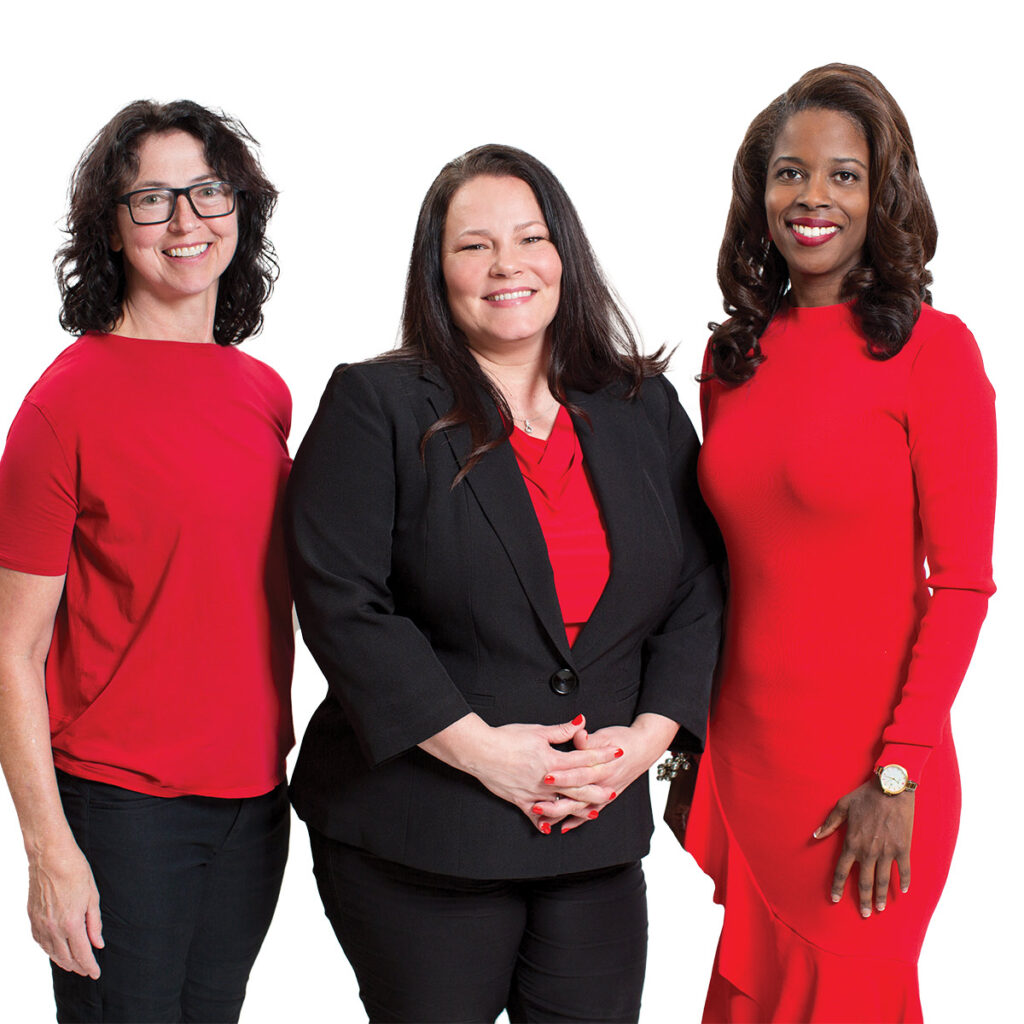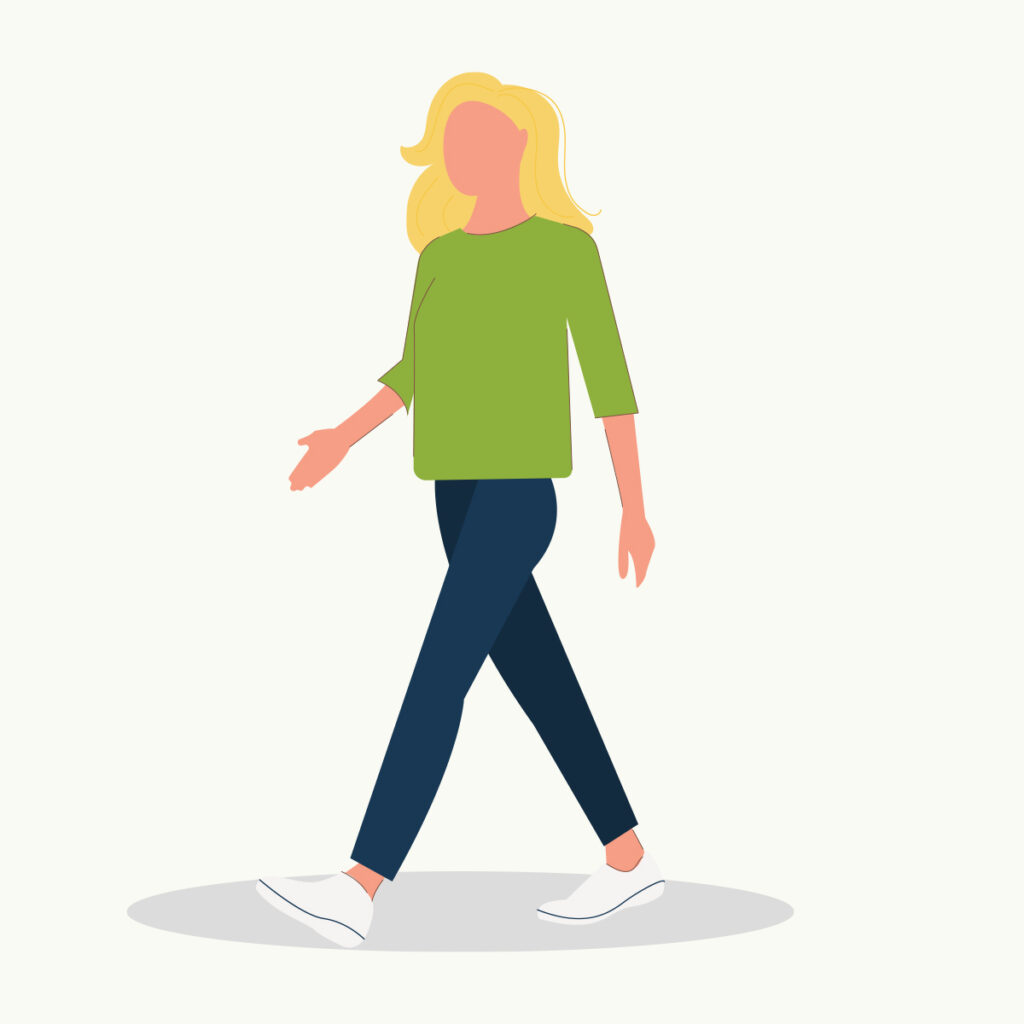You have breast cancer.
These are four words no woman ever wants to hear. Yet the Center for Disease Control (CDC) reports that breast cancer is the most common type of cancer among American women, and more than 200,000 women in the United States have heard these words in the last year. However, early detection and improved therapies have given breast cancer survivors one voice in saying that there can be life after breast cancer. What follows are four stories of inspiration and hope.
Lynn Chill
Lynn Chill was in disbelief when her doctor told her on the phone that she had breast cancer. “I said, ‘Really!? Are you sure!?’ I am a health freak. I eat healthy. I work out. I don’t have breast cancer in my family.”
Chill immediately called her husband to tell him the news, and later that day, they went together to the doctor’s office to see the official results of a biopsy. Sure enough, Chill had an early stage of breast cancer. “The doctor told me to think about having a bilateral double mastectomy. That way, I wouldn’t have to have radiation,” Chill says.
But Chill, always physically active, had already made plans to go running in the Caribbean with her friends that month.
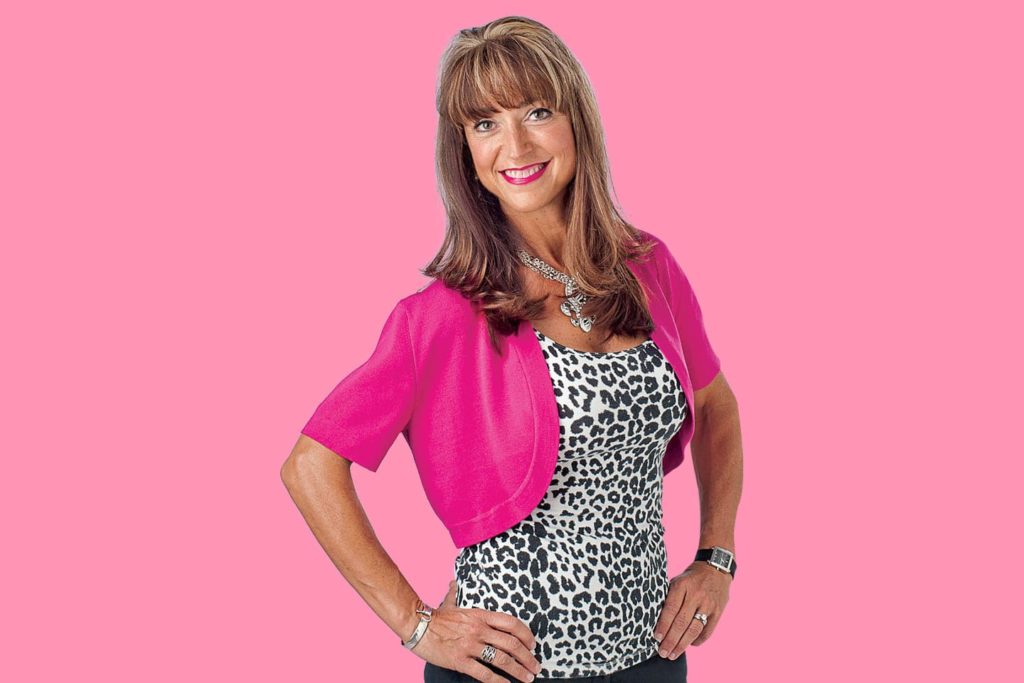
She asked the doctor if it was OK if she still participated in the St. John’s 8 Tuff Miles Road Race—a route that rises 1,400 feet in elevation in the first five miles before descending downhill to Coral Bay. When he said yes, she took off for the Virgin Islands.
But after completing the race, Chill delayed coming home because she knew she was going to have surgery. She was reclining at Maho Bay one day when she overheard two women talking about breast cancer. When she approached them to ask about their discussion, one of the women told her she had gone through the exact same kind of breast cancer and the exact same kind of surgery. “She was like an angel. Once I talked to her, I knew I could do it. She really impacted me because she was upbeat and positive about it,” Chill says.
The day after Chill got home from the Caribbean, she had surgery. In recovery, the doctors told her and her friends that the cancer had not spread to her lymph nodes. “It was like a party in there,” says Chill. Chill attributes her quick recovery to a healthy lifestyle, and says that for those who are struggling, a bright outlook is extremely important.
“Depression is a real part of it because cancer hurts your self-image. It’s so important to be positive and reach out to all the help from others who walk in the same sisterhood. It’s not gonna getcha, so keep on going!” And Chill has kept on going. In addition to working and teaching classes at the Rush!, she continues to run. This year, she won first place among the breast-cancer survivors in the Susan G. Komen Race for the Cure and 2nd in her age group.
Beth McBrayer
In February of 2010, Beth McBrayer felt a large lump in her left breast. At that time, her second child was only eight months old. The next day she saw her doctor, and a mammogram showed blood flowing to the tumor. “That’s when everything started spinning out of control,” she says.
A biopsy soon revealed an aggressive cancer. McBrayer began chemotherapy, and her cancer went from stage 2B to 2A. In May of 2010, McBrayer had a mastectomy. After cancer was found in one lymph node, she had additional chemotherapy and then radiation. Now she takes an estrogen blocking medication to inhibit the growth of any remaining cancer cells. “I took so much chemotherapy, I went into menopause,” Beth says.
“At 35, I went from having a baby straight into menopause within six months. That was very difficult.”
Beth grew up on Signal Mountain and credits her husband, parents, church and coworkers at Regions Bank for helping her and her family get through this difficult time.

“I was so weak during my chemotherapy days, and it was amazing how everyone came together and got on a schedule that was organized and gave us meals for months.”
Beth completed her cancer treatments a year ago and she will undergo breast reconstruction soon. “You learn many lessons from going through something so traumatic, and you become a better person because you learn not to sweat the small stuff,” she says.
Beth read that the number one thing she could do to prevent reoccurrence was to exercise. “That was all I needed to hear,” she said. “I just said I’m not going to let this lick me, I’ll just go and work out. And before I knew it, I was teaching.” Twice a week during her lunch break, Beth teaches a spin class at the Downtown YMCA. On other days, she works out there.
“I think attitude is absolutely everything. Don’t dwell on your struggle and feel sorry for yourself. Just move on and say tomorrow will be a better day. No one in my class even knows I had cancer,” she says. “I don’t let it become who I am.”
Darlene Smith
At age 45, Darlene Smith wanted to transition from full-time to part-time employment to use her experience in the insurance field to help others as an independent insurance professional. Six weeks after leaving her job, she was diagnosed with stage 3B breast cancer.
She opted for aggressive chemotherapy because the prognosis for her type of cancer was potentially life-threatening. Nineteen months of treatment began with preoperative chemotherapy to shrink her tumor.
Her mastectomy in May of 2003 was followed by more chemotherapy, then radiation and another year of an experimental chemotherapy drug. After a second mastectomy in November of 2004, her final step was breast reconstruction.
What got her through? “All the grace,” Darlene says. “The nights are so long and lonely and [God] was always there to fill that time for me along with the love of my husband, my children, my family and community.”
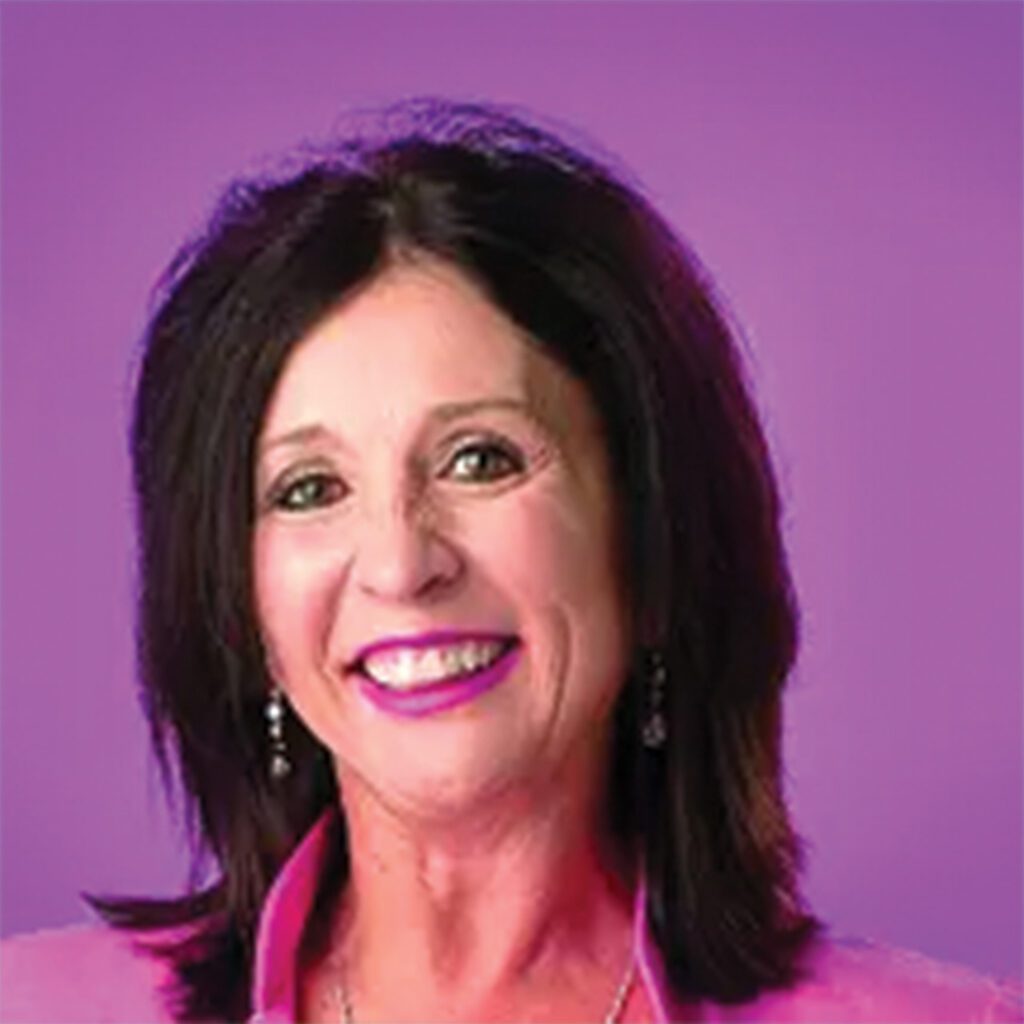
Throughout her battle with cancer, Darlene said she prayed, “God, if you’re allowing this to happen in my life, I don’t want to waste it. Just open the doors and I’ll try to walk through them.”
And she has. Since the fight began, Darlene has volunteered with organizations like the American Cancer Society, the MaryEllen Locher Foundation, Y-ME of Chattanooga and the Susan G. Komen Foundation in order to offer hope to newly diagnosed patients. Now, she also works part-time in the office of the plastic surgeon who did her reconstructive surgery.
“It’s my favorite thing to do. I tell people there is life during and after the cancer diagnosis, and it’s a joyful, full life. You love deeper; you care more; relationships are more important; the little worries aren’t as tragic. Friendships mean more than they ever have before, and God is your best friend.”
Darlene doesn’t deny that many days have been hard, but she says that it’s a choice to stay beaten down. “When cancer came into my life, it broke my heart, not only for me, but for all those it was affecting. But I think it broke my heart so I could love people more. And I wouldn’t trade anything for it because now I really know the meaning of life and love.”
Barbara Woods
Every year for her birthday, Barbara Woods gives herself a present: a mammogram and a check-up with her doctor.
In August of 1995, the results of her regular mammogram came back clear. However, at her doctor’s visit, she asked about the inverted nipple in her left breast. The doctor ordered a second mammogram and the results showed an area of concern in the opposite breast. Shortly following, a biopsy revealed cancer. Barbara had surgery to remove the pea-sized tumor and underwent radiation treatment. Her faith, her friends, her husband and her two grown children supported her in the battle.
“It was all about walking in faith,” Barbara says. “I ate right and I exercised. I never thought I would get cancer, but if I had never gotten it, I wouldn’t be able to encourage somebody with my story. Cancer is not a death threat; it’s a wake-up call. It puts you on a road you’ve never been on before, something you never thought you would experience. Through all this, it was all about trusting God.”

Out of Barbara’s struggle came an intense desire to serve God by helping others, especially African American women, who die from breast cancer at a higher rate than Caucasian women. “African American women are afraid,” she says. “They don’t know how to talk to the doctors, and if they see something on their breast, they often wait until it is too late. They don’t think they have any insurance, but I’m out there to tell them you don’t have to have insurance. If you fit certain criteria, Memorial Hospital and others give mammograms for free because many organizations like the Susan G. Komen Foundation and the Avon Foundation have donated to them. If you face your fear, cancer doesn’t have to be a death sentence.”
Barbara is a spiritual counselor, a Sunday school teacher and a bereavement coordinator at her church, Olivet Baptist. Each year, she organizes a breast cancer awareness program to educate women about the disease and the resources available to them. Because of cancer, Barbara has become an advocate for others so that they can become advocates for themselves.
These four extraordinary women have experienced victory over their illness, but they have also renewed their passion for living. With unwavering faith and the ongoing support of family and friends, they have persevered and now offer support and hope to others who have been affected by this disease.

